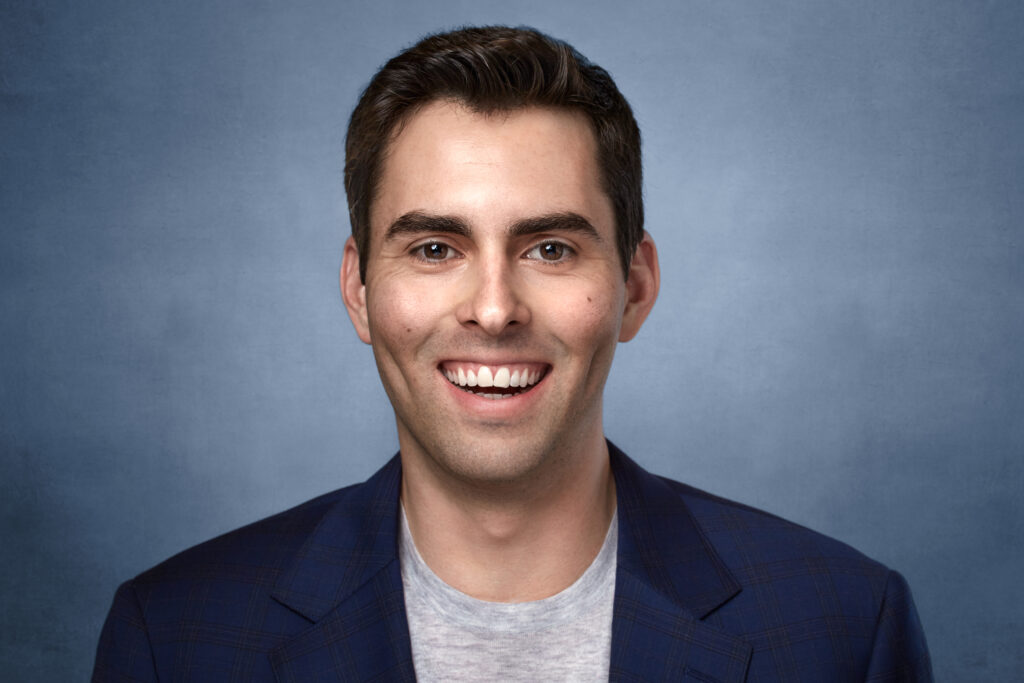
Kaizen is the Japanese business philosophy of continuous improvement as practiced by the Toyota manufacturing system.
John Winner first learned about kaizen in 2009 while a student at the University of Texas at Austin. The idea resonated with him and in 2018, Winner named his company Kizen, a domain name one “a” short of kaizen. He bought the domain name from a self-proclaimed Prince in the Philippines.
Kizen has created the Kizen Operations Cloud, which contains a company’s data and makes it available to operations teams to build applications without coding.
Typically, companies have data about customers stored in 50 different places, Winner said. And 68 percent of all data in organizations is lost or used, he said. Kizen can help them harness that data for actionable insights and customer service and to drive sales and revenue, he said.
“We believe firmly the companies that can properly leverage data in the future will drive the highest customer satisfaction and greatest revenues and success,” Winner said.
Kizen also offers the Kizen Sales CRM that helps accelerate sales as it automates up to 10 hours worth of non-selling activities a week, giving salespeople more time to focus on high-value tasks.
Since Kizen launched in September 2021, the company has sold more than 400,000 user licenses. Its customers include one of the world’s largest banks and dozens of mid-market customers in over a dozen different industries including healthcare, manufacturing, fintech, and real estate.
And recently, Kizen announced the closing of a $12 million seed round. Kizen plans to use the funds raised on sales and marketing and business intelligence tools. The capital raise was funded by private investors, including several former C-level executives from Dell, Whole Foods, AT&T, Accenture, and Citibank.
Kizen has 38 employees around the United States, South America and Ukraine, Winner said. It has an office in the Arboretum with a dozen employees and the company is hiring sales, marketing and developers.
Over the past decade, Winner saw a lot of disparate and disconnected tools that companies use to try to solve problems. If those tools are connected together, they work better, and solve problems faster and more effectively, he said. That’s what Kizen does.
Winner is from South Florida where he started a few companies before going to college. He decided to base Kizen in Austin because he thinks it’s one of the best ecosystems to start a business.
“You need to have the ability to have team members that have experience building enterprise technology that can scale to millions of users,” he said. Austin also has a lot of entrepreneurial resources and mentors. Kizen has several mentors from Dell, Winner said.
“Austin has been a truly special place to incubate,” he said.

